Getting a Visa for China -Berto joins the expo line
Getting a Visa for China -Berto joins the expo line
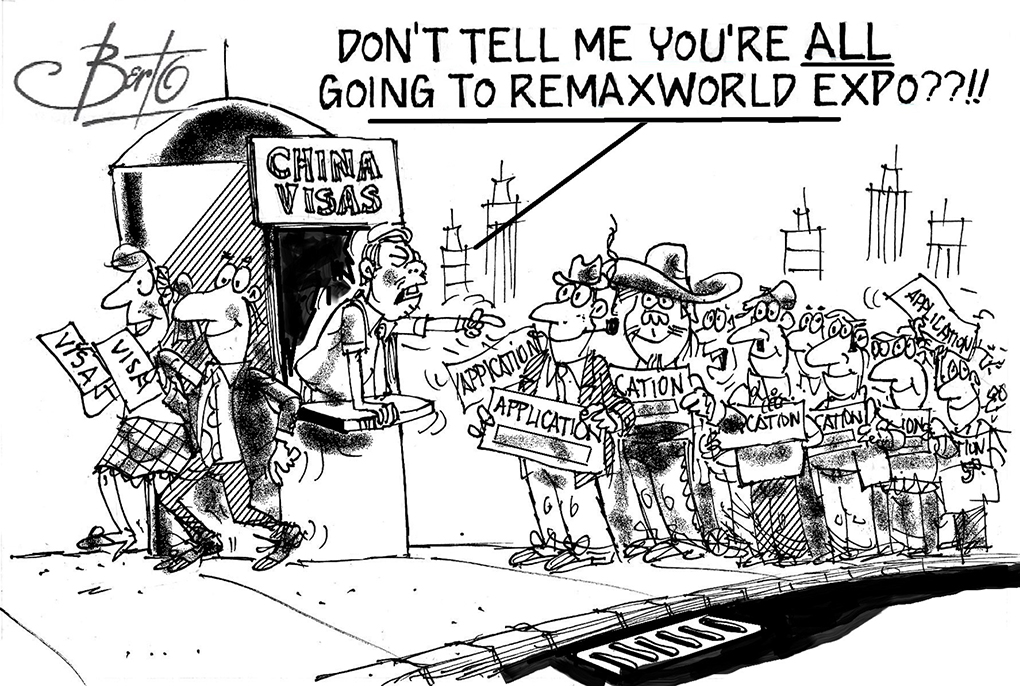
Obtaining a visa to China can be a daunting and time-consuming process, often exacerbated by the pains of enduring long lines. Aspiring travelers, particularly those wanting to visit RemaxWorld Expo in Zhuhai, find themselves entangled in bureaucratic red tape, leading to frustration and lost time.
Organisers of RemaxWorld are aware that thousands are planning on returning to China in October 2023, for the first time in almost 4 years.
They have to join long lines and sacrifice valuable time from their busy schedules, enduring the monotony of waiting for their turn at consulates or visa centers. These lines can stretch for hours, leaving applicants exhausted and stressed before they even set foot in the country.
Event organisers are doing what they can to alleviate the frustration by offering letters of invitation to would-be expo visitors seeking to get a visa to visit China.
Firstly, visitors should pre-register to attend RemaxWorld Expo. This is all free. Once you have preregistered travellers can apply for an invitation letter from Maggie Wang. This is also a free service. Simply email a copy of your registration confirmation to Maggie.Wang@rtmworld.com.
In the email, please also provide our personal information
- Name
- Gender
- Date of Birth
- Company name
- Designation/Job title
- Nationality
- Passport Number
In recent years, with an increasing number of people interested in traveling to China, consulates and visa centers might struggle to cope with the demand. This could result in insufficient staff, inadequate facilities, and inefficient processes, further lengthening the lines and amplifying the discomfort for applicants.
Several factors contribute to the lengthy processing times involved in obtaining a visa. Here are some of the main reasons why it can take a long time to get a visa:
- Bureaucratic Process: Visa applications typically involve multiple government agencies and departments that need to verify the applicant’s information, conduct background checks, and assess eligibility. The bureaucratic nature of the process can lead to delays as documents move through various channels.
- High Volume of Applications: Popular destinations, including China, attract a large number of visa applications. The sheer volume of applications can overwhelm consular staff, resulting in longer processing times.
- Security Concerns: In the interest of national security, many countries, including China, have strengthened their visa screening processes. This includes extensive background checks on applicants, which can be time-consuming, particularly for individuals from certain regions or with certain types of employment histories.
- Complex Documentation: Different types of visas require various supporting documents, such as financial statements, letters of invitation, travel itineraries, and more. Ensuring all required documents are submitted correctly can be challenging for applicants, and any discrepancies can lead to delays.
- Consular Workload: Embassies and consulates handle a range of services beyond visa processing, such as providing assistance to citizens, diplomatic affairs, and trade relations. This diverse workload can impact their ability to prioritize visa applications promptly.
- Seasonal Fluctuations: Visa application numbers may vary throughout the year, with peak seasons leading to more extended processing times. Holidays, events, or academic schedules can lead to an influx of applications during specific periods.
- Reciprocal Arrangements: Some countries may base their visa processing times on the principle of reciprocity. If a nation’s citizens face delays in obtaining visas for another country, that country might reciprocate with similar treatment, leading to longer processing times for everyone involved.
- Limited Resources: Consular offices may face resource constraints, such as limited staff or outdated technology. This can slow down the processing of applications and make it challenging to handle a high volume of requests.
- Administrative Changes: Changes in visa policies or government regulations can occur, leading to delays as consulates and applicants adjust to the new requirements and processes.
To expedite the visa application process, some countries, including China, have introduced faster processing options with additional fees or implemented electronic visa systems. However, it’s essential for applicants to plan ahead and apply well in advance to avoid potential delays in their travel plans.
 Cartoon #124: Getting a Visa for China -Berto joins the expo line
Cartoon #124: Getting a Visa for China -Berto joins the expo line
Berto’s previous cartoon #123: A Copier or a Printer – Berto can’t tell the difference
Who is Berto? And where can you see more of his work? Click here.

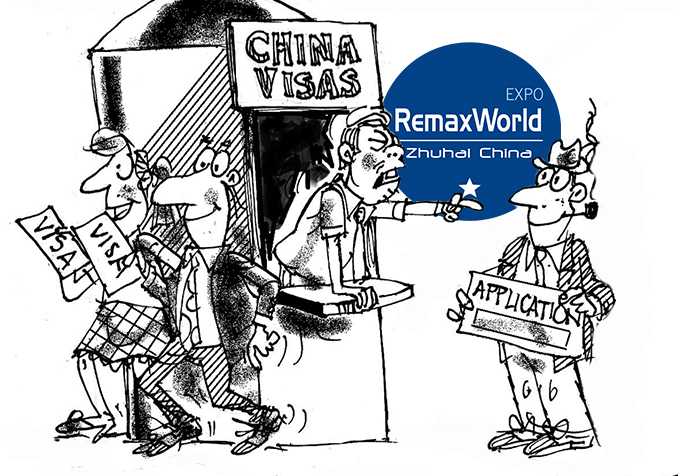



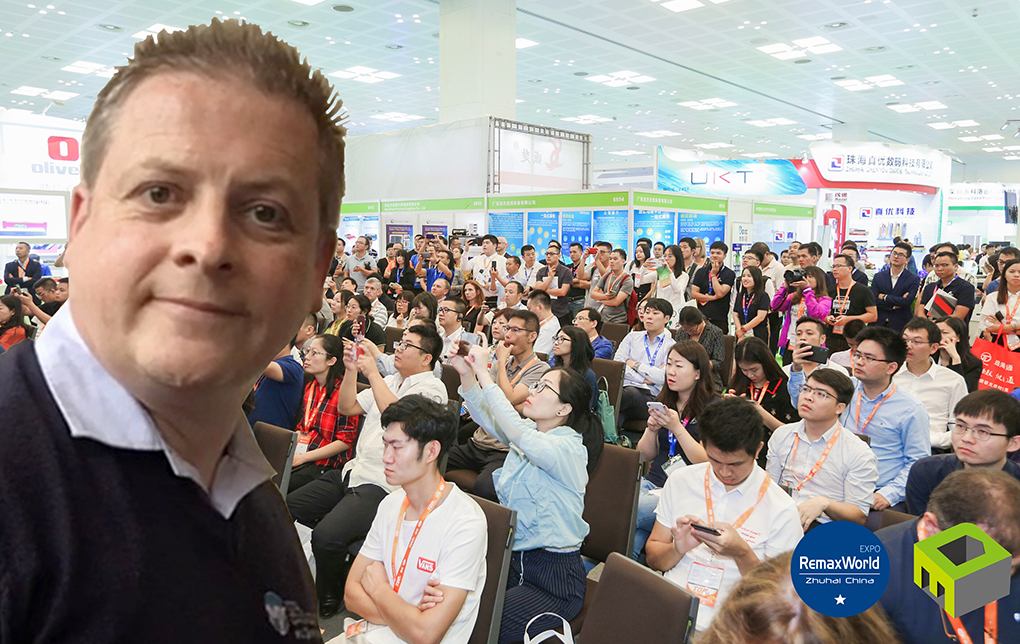
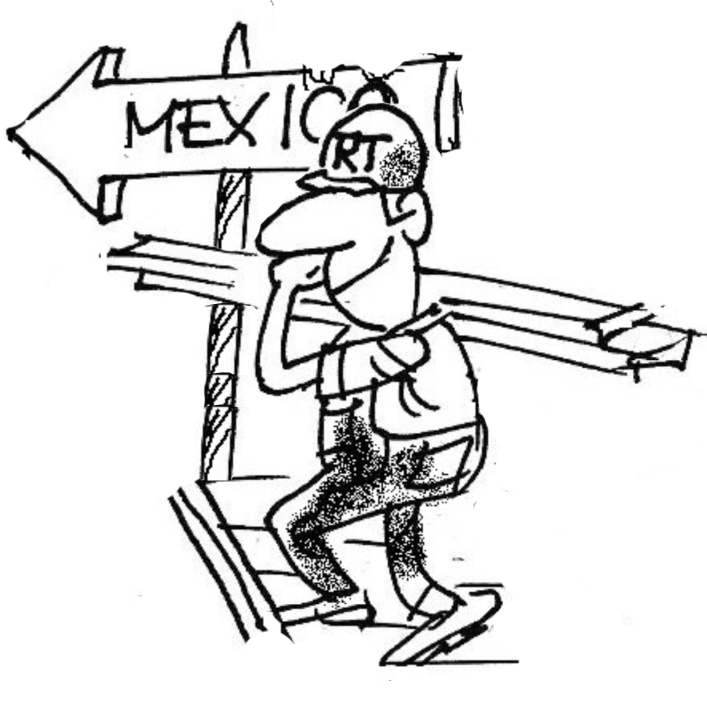
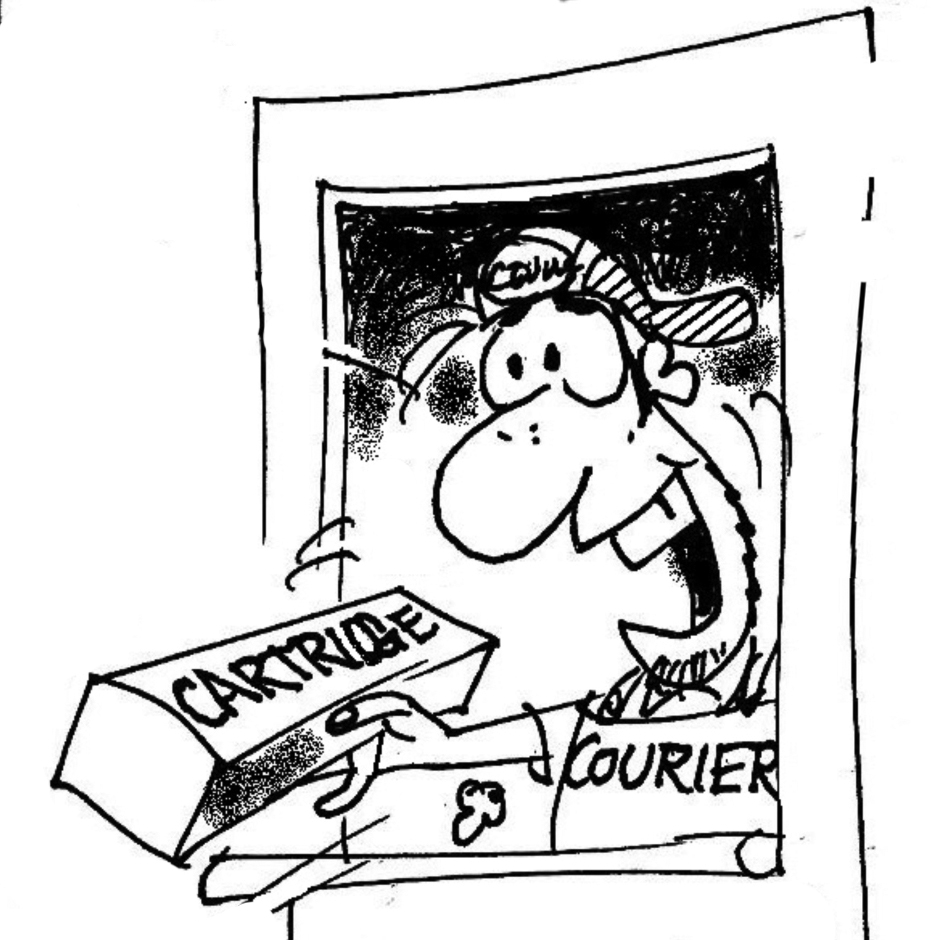

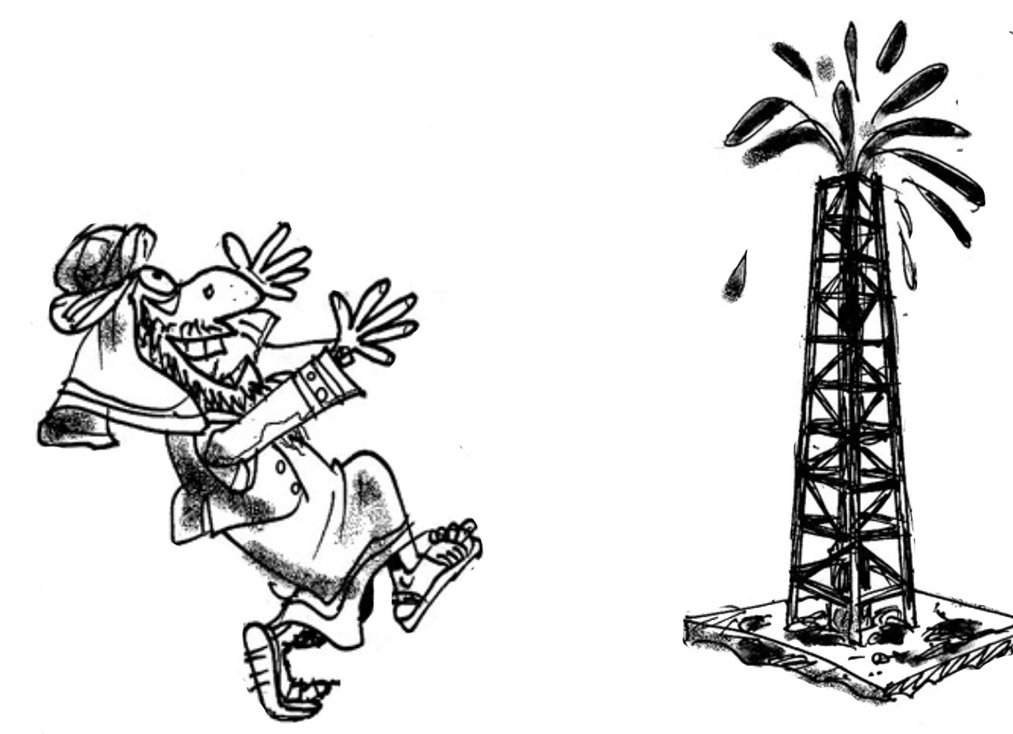
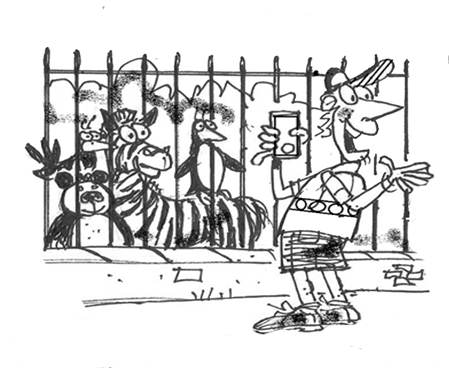


Leave a Comment
Want to join the discussion?Feel free to contribute!